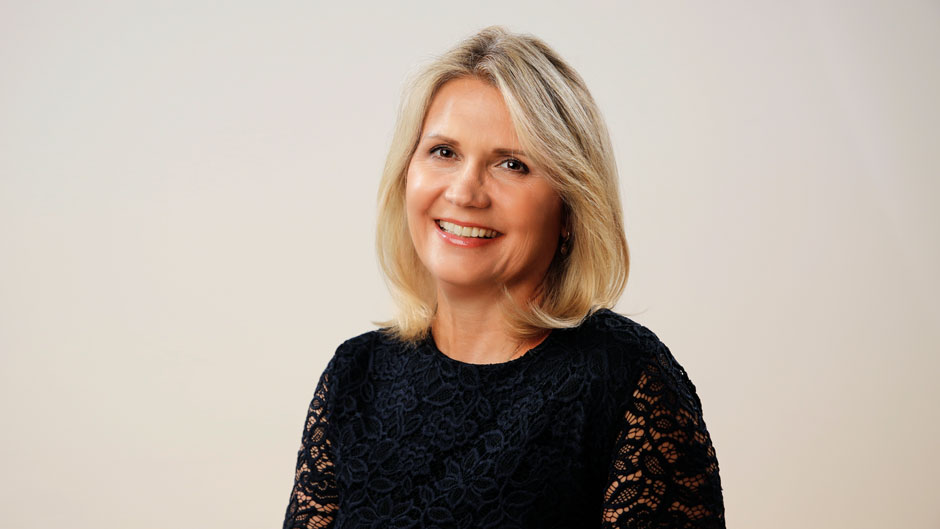Virginie Helias, chief sustainability officer for the world’s largest consumer goods company, discussed product innovations that “delight customers” while reducing their carbon footprint in a webinar hosted by the University of Miami Patti and Allan Herbert Business School.
Helias, named in 2012 to develop and operationalize Procter & Gamble’s sustainability strategies and goals, highlighted a range of product innovations—from reduced-weight diapers and cold-water detergent to reduced packaging and digital watermarks to improve recycling identifications—that have supported revenues and simultaneously lessened environmental impact.
“Sustainability is actually smart business, because when you use less water, less energy, and less material, it goes right to bottom line,” Helias told a business school virtual audience on Tuesday.
Ioannis Ioannou, a visiting associate professor of management, moderated the conversation, the second of three “Beyond COP26: What Businesses Must Do” lectures.
Helias noted that during the past five years, innovations to produce a more comfortable, weight-efficient Pampers diapers have removed 1 million tons of CO₂ from the product supply chain.
The company’s “5 degrees down in 5 years” has generated similar positive results in its Tide detergent line. Developing a detergent that works more efficiently in cold water backed by advertising that nudges consumer behavior, P&G has increased the percentage of cold-water washers in Europe from 38 percent in 2010 to 70 percent in 2020, according to Helias.
The manufacturer touches 5 billion consumers daily with its vast range of products, and initiatives to advance sustainability must be tailored differently for countries in the North and South, developed and developing countries, respectively, she added.
While the issues—reduce packaging waste and water/energy conservation—are constant, the solutions pursued must be tailored to the cultures and conditions in different regions and countries, Helias noted.
The executive highlighted her involvement in the Alliance to Reduce Plastic Waste that spans the value chain of plastics, from those that produce plastic, to companies such as P&G that use it for packaging, to the recyclers and waste managers.
Helias said that she supports a carbon tax, particularly one that returns revenues to lower income users, and urged policies that help level the playing field.
“I know what happens when you design climate policy without people. The Yellow Jacket Movement [grassroots protest movement in France] has been painful to watch,” said Helias, who has been based in France for much of her career. “That’s what happens when you leave people behind.”
She pointed out that the pandemic has accelerated trends and awareness of environmental concerns. The percentage of eco-consumers, those for whom sustainability is a key issue for any purchase, was constant for many years at 10 to 15 percent, yet over the past two years that rate has increased to 20 percent globally and in Germany has risen to 40 percent, according to Helias.
She remarked, though, the gap in “intention-to-action,” the difference between those who say they want to live a more sustainable life and those who make choices. Recent surveys indicate that 92 percent say they want to be more sustainable, but only 16 percent have changed something.
“There’s a tension, and sometimes it’s complicated to know which is a better choice,” Helias said. “This offers an amazing opportunity for us as brands to innovate so we make sustainability irresistible.”
Collaboration is the “new name of the game,” Helias remarked.
“It’s not the pledges, those are easy to do,” she said. “What’s inspiring is the new level of radical collaboration that we are seeing, from industry to activists, with government and business working together—this is the only way out.”

